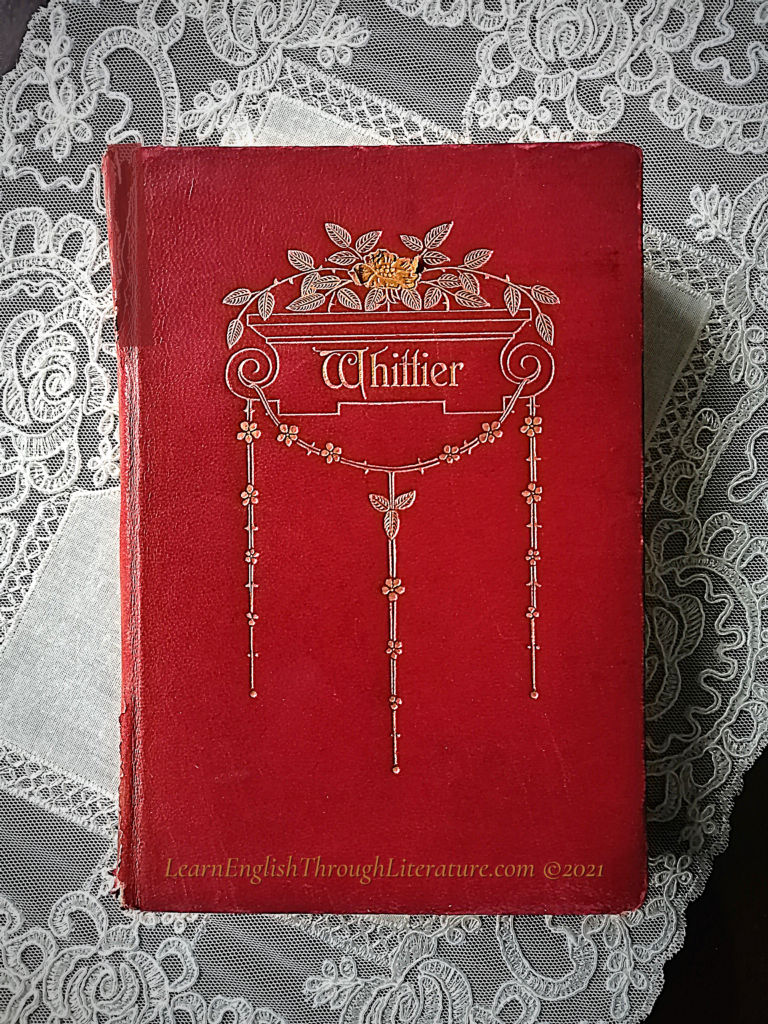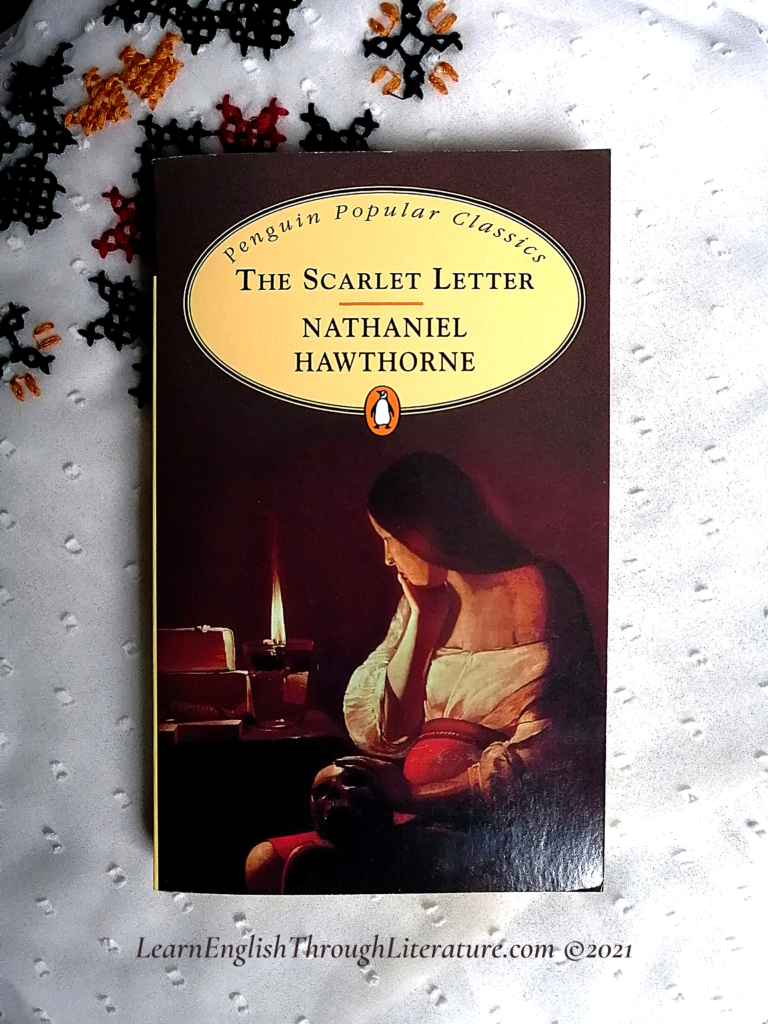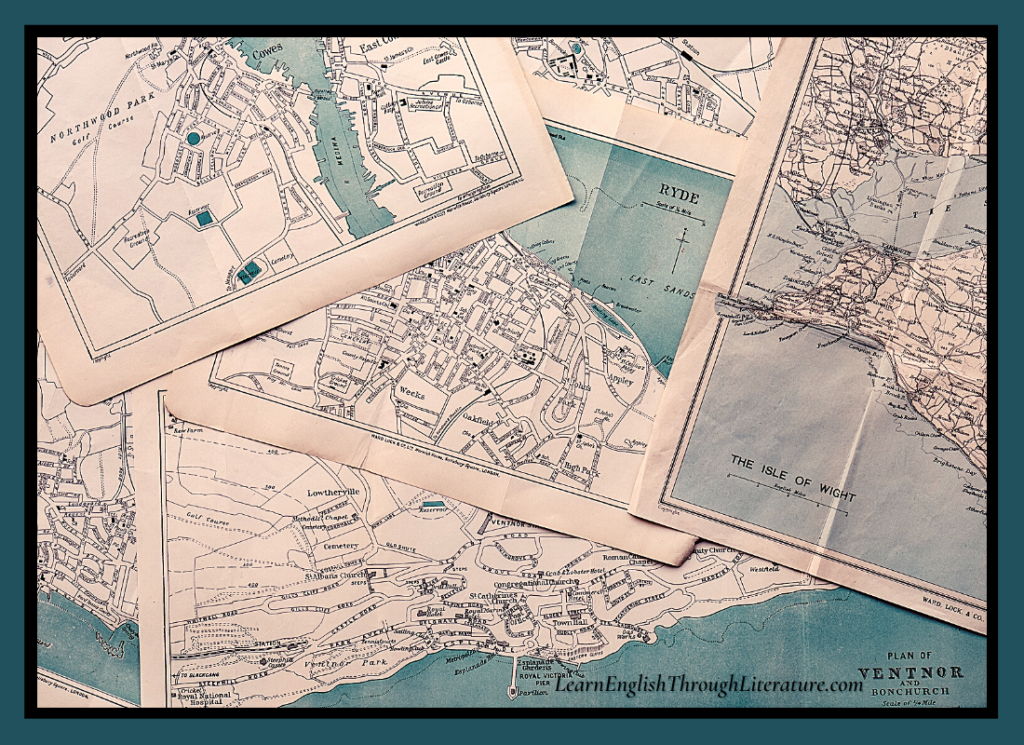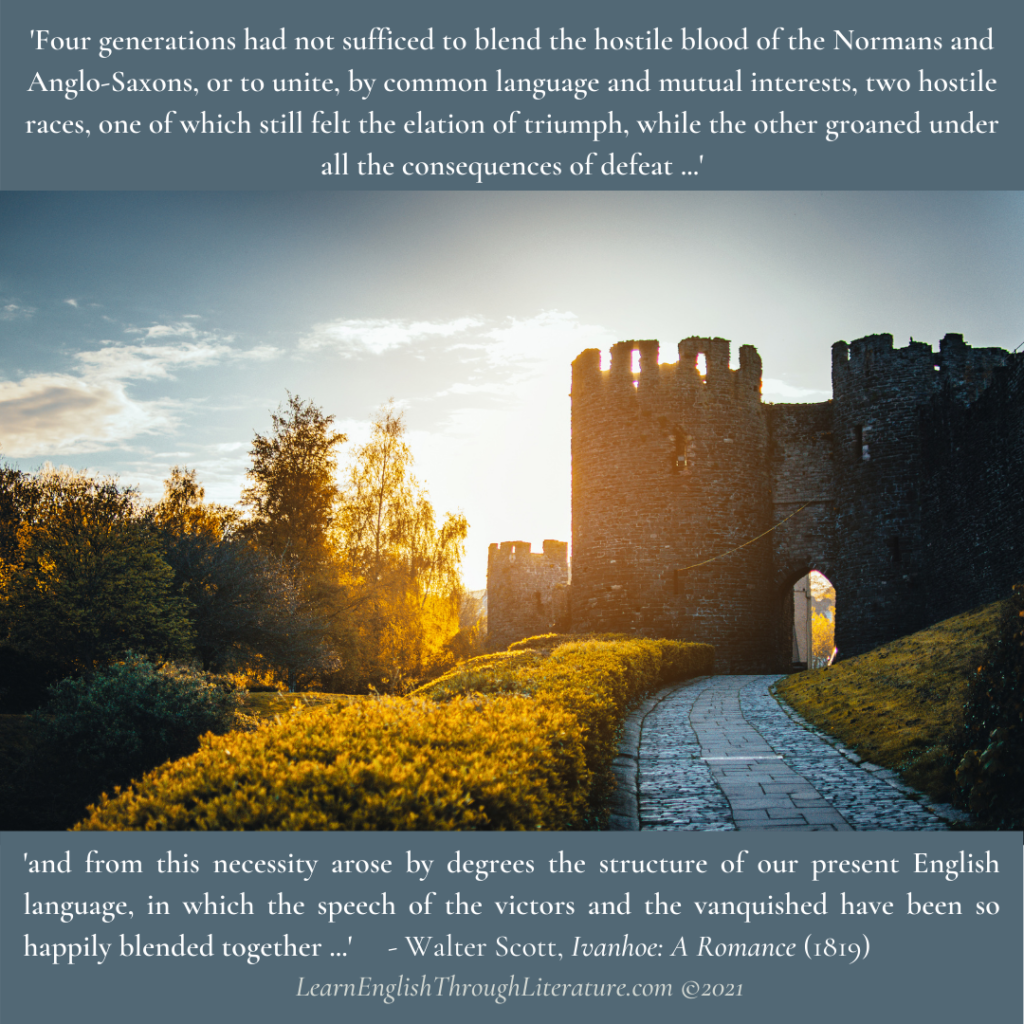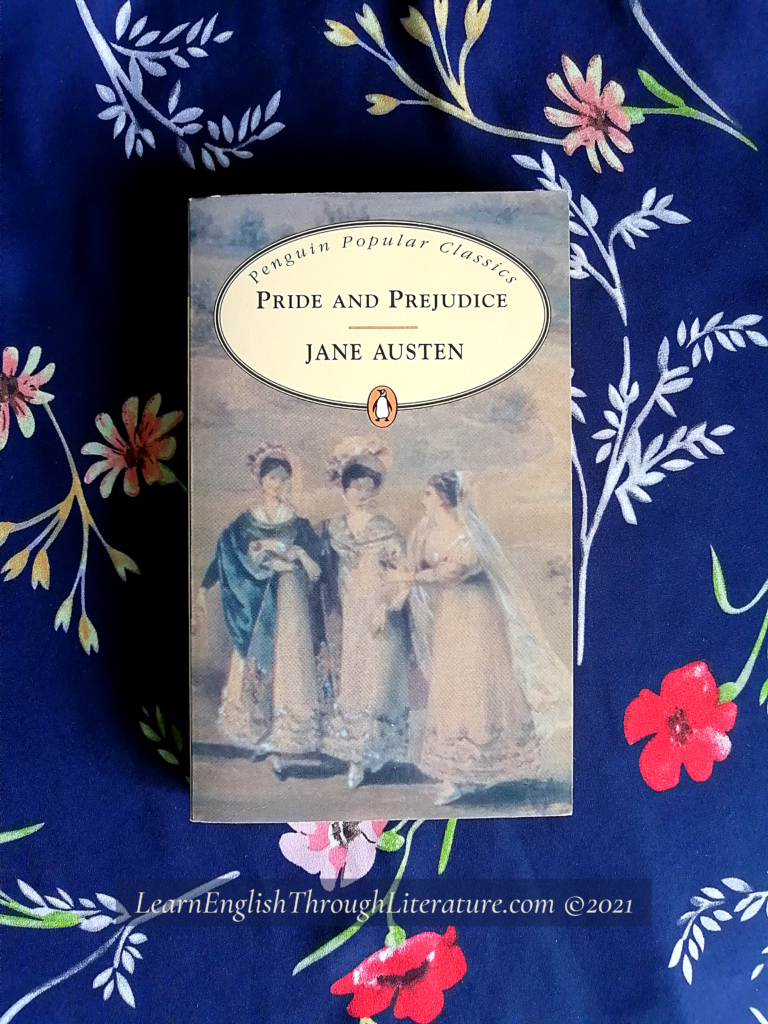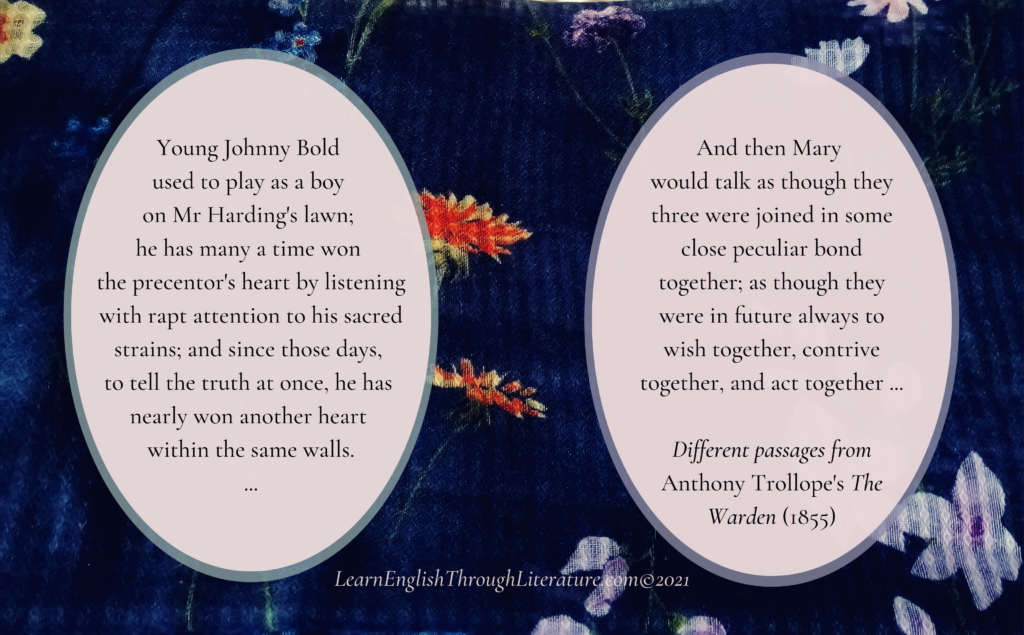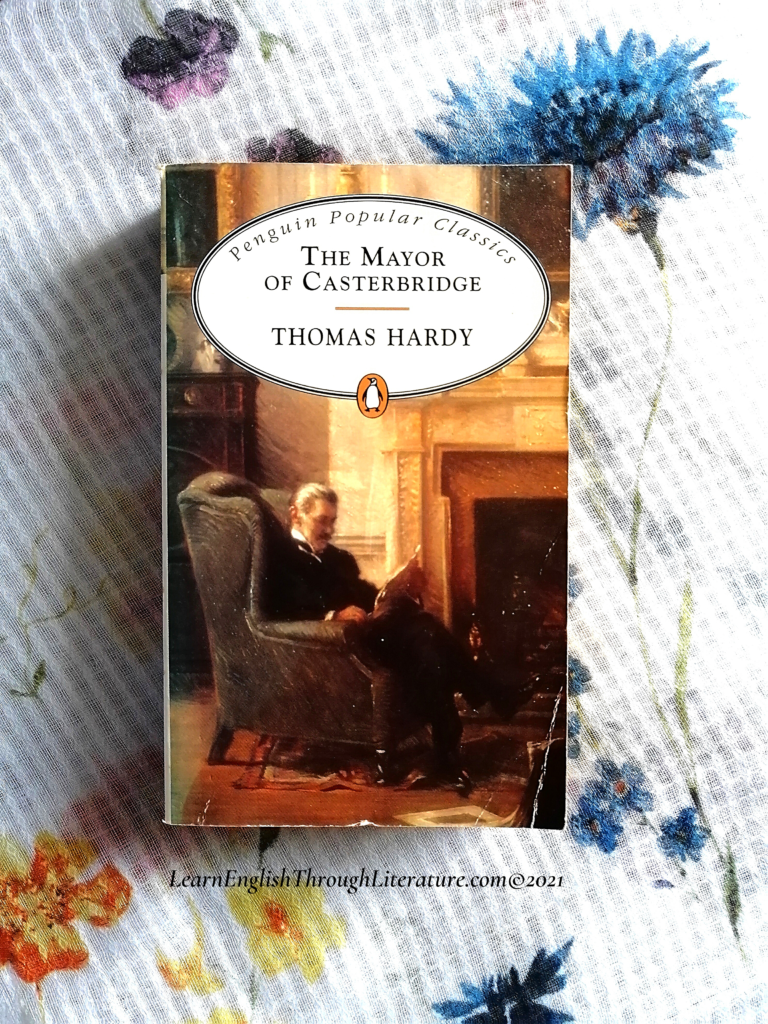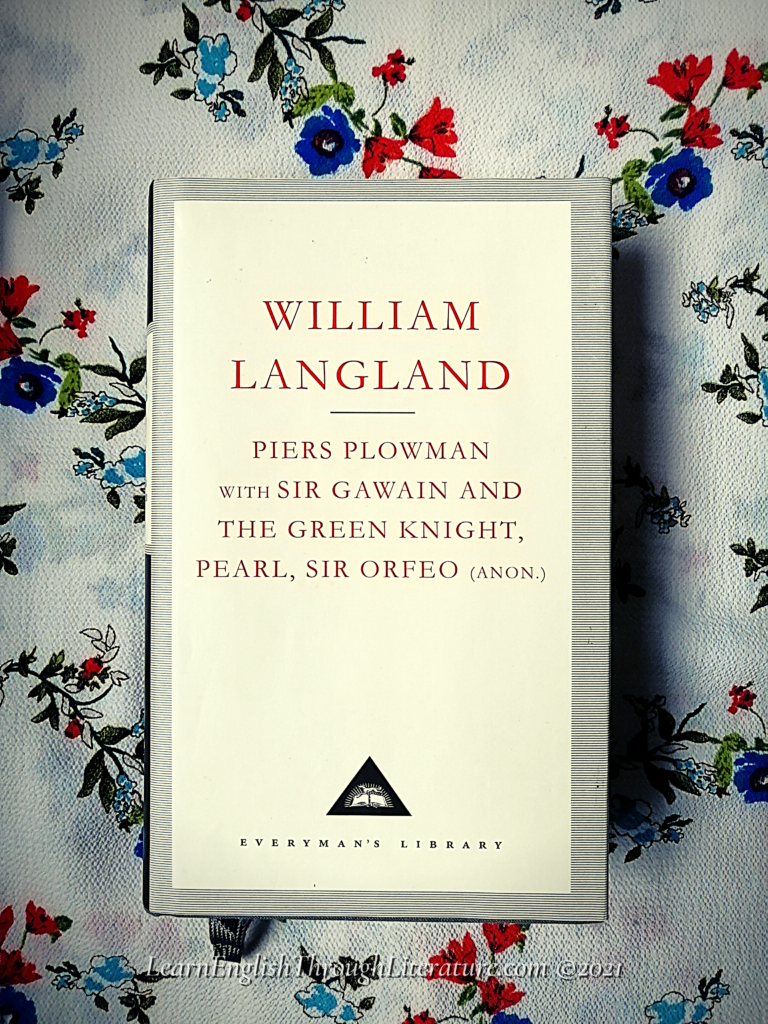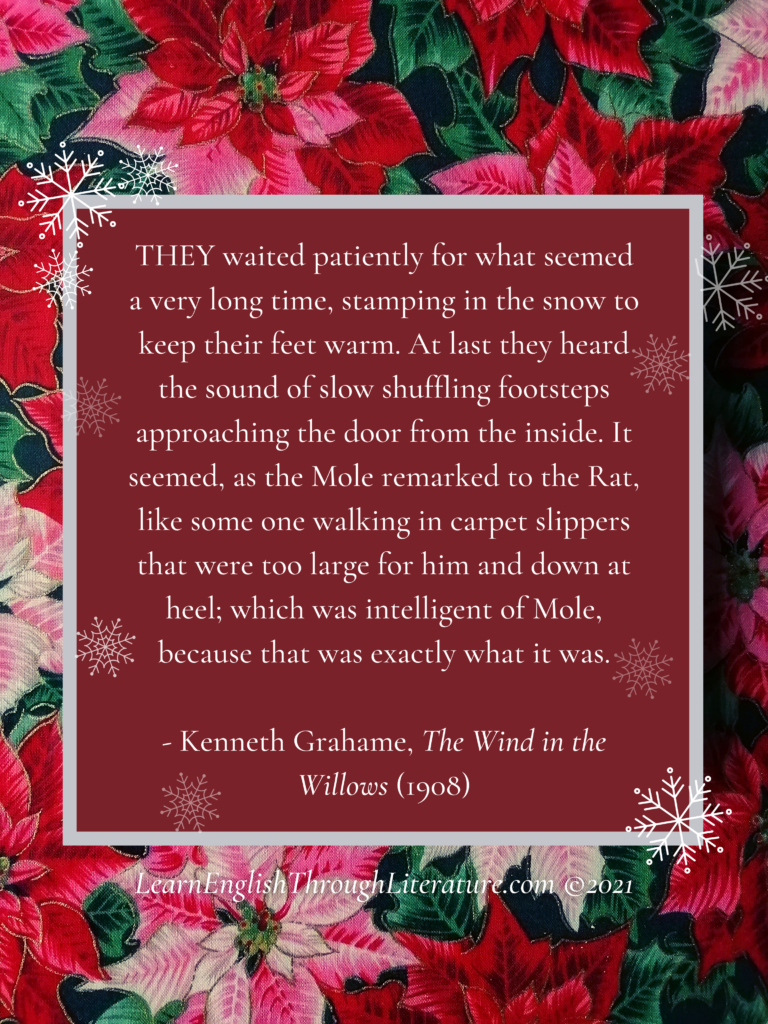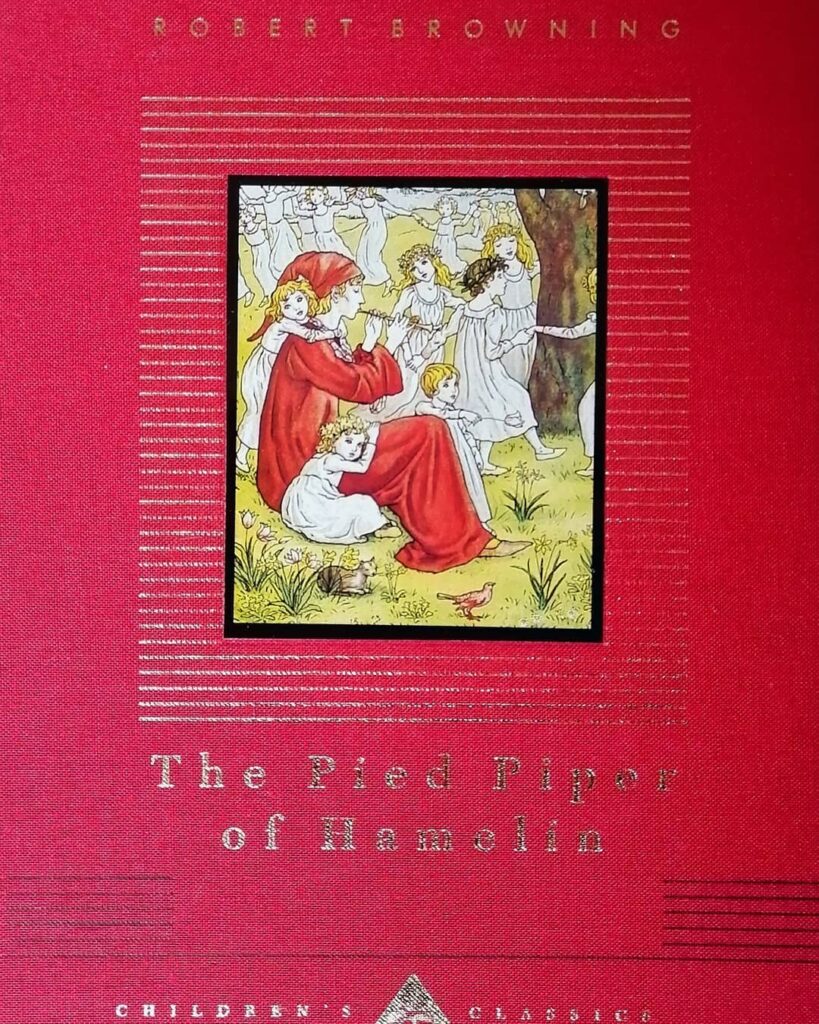Lesson #193: ‘A Song of Harvest’: Some Observations on Whittier’s Poem
🌳 I am sharing a poem with you today from my 110-year-old volume of John Greenleaf Whittier’s poems (published in 1894 and this edition dating from 1911)! Anyone who knows me knows of my love of books, and especially any old copies I can find. What makes the acquisition (the fact of owning or getting) […]
Lesson #193: ‘A Song of Harvest’: Some Observations on Whittier’s Poem Read More »

